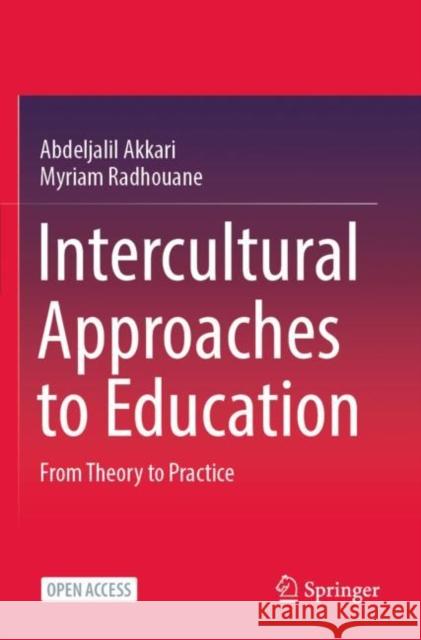Intercultural Approaches to Education: From Theory to Practice » książka
topmenu
Intercultural Approaches to Education: From Theory to Practice
ISBN-13: 9783030708276 / Angielski / Miękka / 2022 / 213 str.
Kategorie:
Kategorie BISAC:
Wydawca:
Springer
Język:
Angielski
ISBN-13:
9783030708276
Rok wydania:
2022
Dostępne języki:
Ilość stron:
213
Waga:
0.33 kg
Wymiary:
23.39 x 15.6 x 1.27
Oprawa:
Miękka
Dodatkowe informacje:
Wydanie ilustrowane











